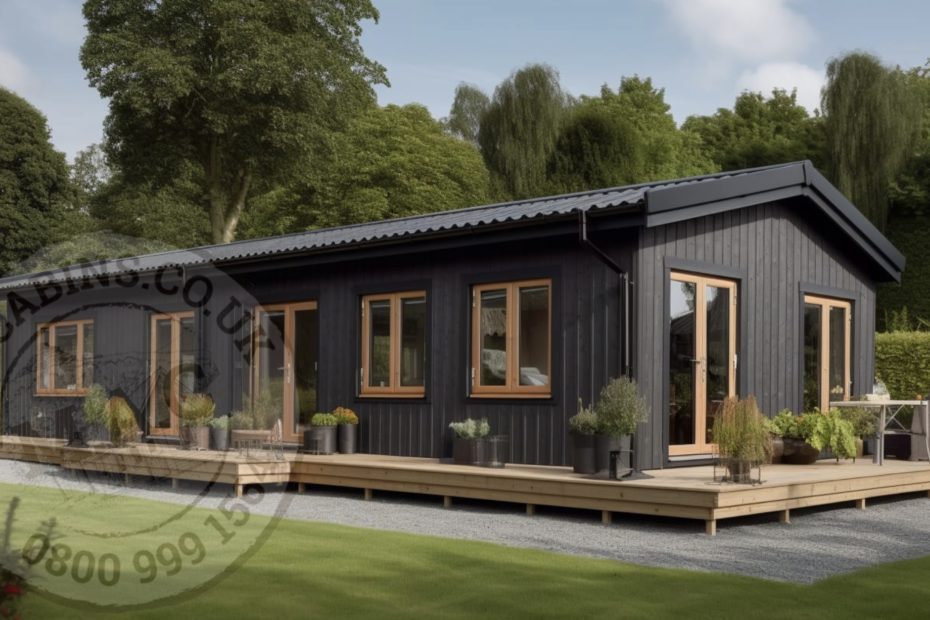What’s my view regarding affordable homes throughout the South West of England?

I can tell you about general trends and common concerns related to affordable housing that have been prevalent throughout the South West of England and in many other regions of the UK, up until my last update in September 2021, (The UK Housing Crisis: Small Homes, Tiny Houses). Keep in mind that opinions may have evolved since then.
- High demand and limited supply: The South West region, Cornwall, Devon, Somerset & Dorset, like many other areas, have experienced a surge in demand for housing, which can outstrip the available supply. This imbalance often drives up property prices and makes it challenging for people, especially young individuals and families, to find affordable homes.
- Local v non-local buyers: There might be concerns among residents that properties are being purchased by non-local buyers, such as investors or second homeowners, which can impact the availability and affordability of homes for permanent residents.
- Affordable housing initiatives: Some residents may support and advocate for affordable housing initiatives promoted by local authorities or non-profit organisations to address the housing affordability issue. These initiatives can include building more affordable housing units or providing financial assistance to first-time homebuyers.
- Preservation of communities: Residents might be concerned about maintaining the character and identity of their communities. High housing costs can lead to gentrification, where the locals are priced out, causing changes to the social fabric of the area.
- Infrastructure and services: Increased demand for affordable housing may put strain on local infrastructure and services, such as schools, healthcare facilities, and transportation systems. Residents might have varying opinions on how these challenges should be managed.

How MAC Cabins modular timber buildings can assist with the housing demand throughout the South West of England,
Modular timber buildings can play a significant role in addressing the housing demand throughout the South West of England in several ways:
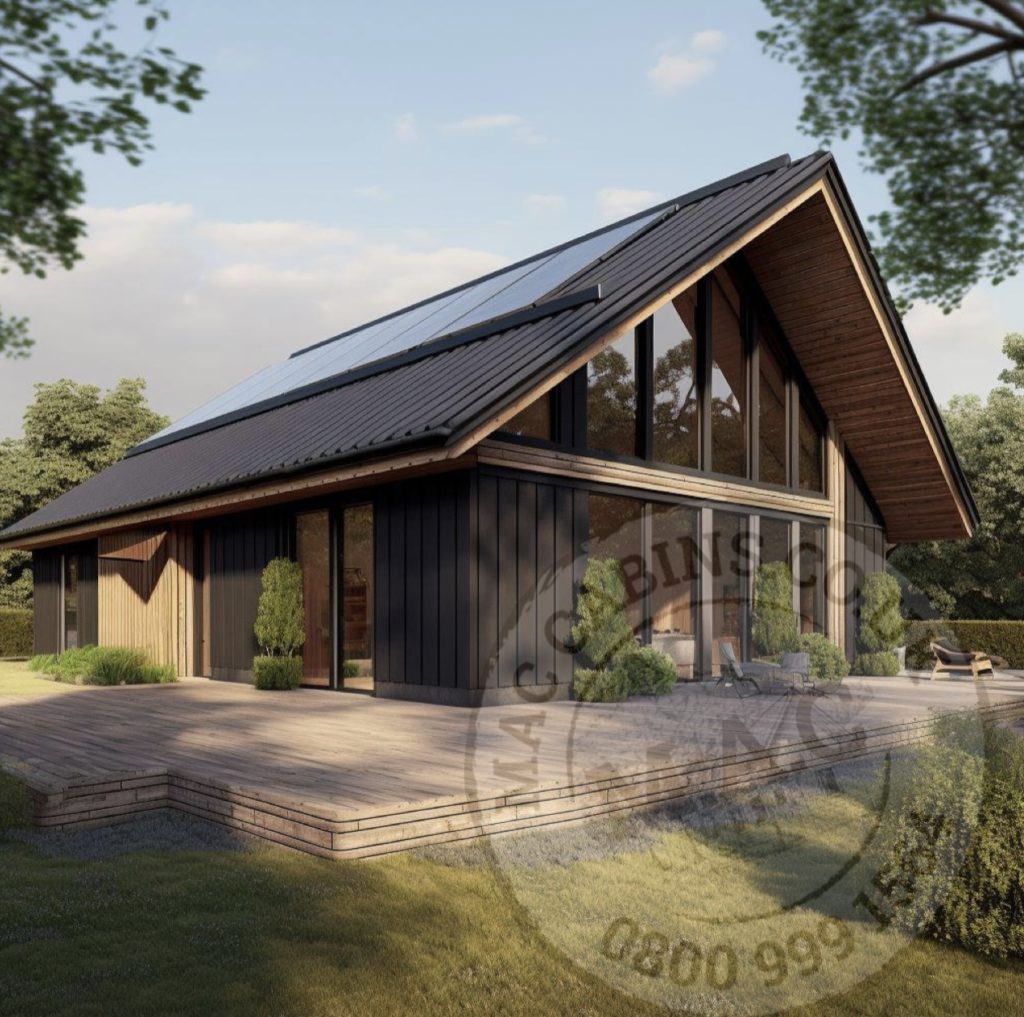
For an accurate and up-to-date understanding of the current views of the region’s residents on affordable homes, it’s best to consult local surveys, news articles, or community discussions. Public opinions on this matter can vary significantly depending on the region and prevailing economic conditions. You only need look at ‘The Guardian’ or ‘Inside Housing’ articles for clarification.
- Speed of construction: Modular timber buildings are prefabricated off-site in controlled factory environments. This method allows for faster construction compared to traditional on-site building techniques. By reducing construction time, more homes can be delivered in a shorter period, helping to meet the housing demand more effectively.
- Cost-effective solution: Timber is a relatively cost-effective building material compared to traditional construction materials like concrete or steel. Prefabrication also reduces material wastage and labor costs, making modular timber buildings a financially viable option for increasing affordable housing supply.
- Environmental sustainability: Timber is a renewable resource and using it as the primary building material in modular construction can have a lower carbon footprint compared to other materials. This aligns with the increasing emphasis on sustainable building practices and can be an attractive feature for both developers and environmentally conscious homebuyers.
- Design flexibility: Modular construction allows for a wide range of design possibilities. Customisation options can cater to various housing needs and preferences, ensuring that the constructed homes meet the diverse demands of the population in the South West.
- Adaptability and scalability: Modular timber buildings are easily expandable and adaptable. As housing demands change over time, additional units can be added to existing structures or modular homes can be relocated to new areas, making them a flexible solution for dynamic housing needs.
- High-quality construction: Prefabrication in a controlled factory environment ensures better quality control and consistency in the building process. This can lead to improved construction standards and durability of the housing units.
- Rural and remote development: The South West has both urban and rural areas with diverse housing needs. Modular timber buildings can be particularly beneficial in rural regions, where access to traditional construction materials and labor may be limited. Prefabrication can facilitate development in these remote areas more efficiently.
- Community acceptance: Timber buildings often blend well with the natural surroundings of rural and coastal areas found in the South West. This aesthetic appeal can lead to higher community acceptance of new housing developments.
Working within the constraints of BS3632, whilst providing a beautiful affordable home with high energy efficiency:
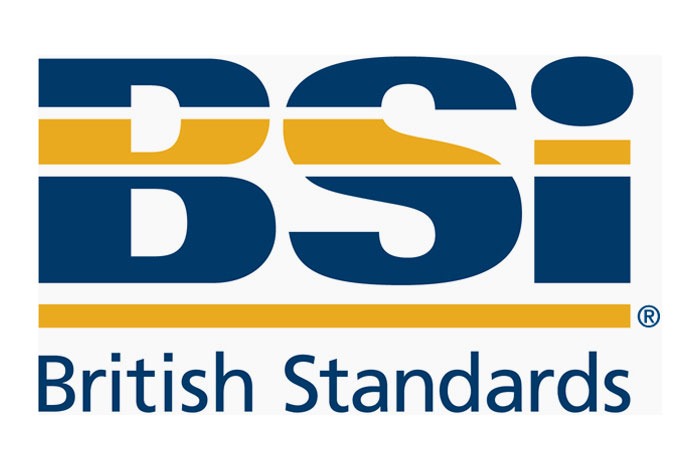
BS3632 is a British Standard that sets the minimum requirements for the design, construction, and performance of residential park homes, which are typically used as permanent dwellings. Working within the constraints of BS3632 means adhering to the specific regulations and guidelines outlined in the standard. Here are some key considerations when designing and constructing residential park homes within the constraints of BS3632:
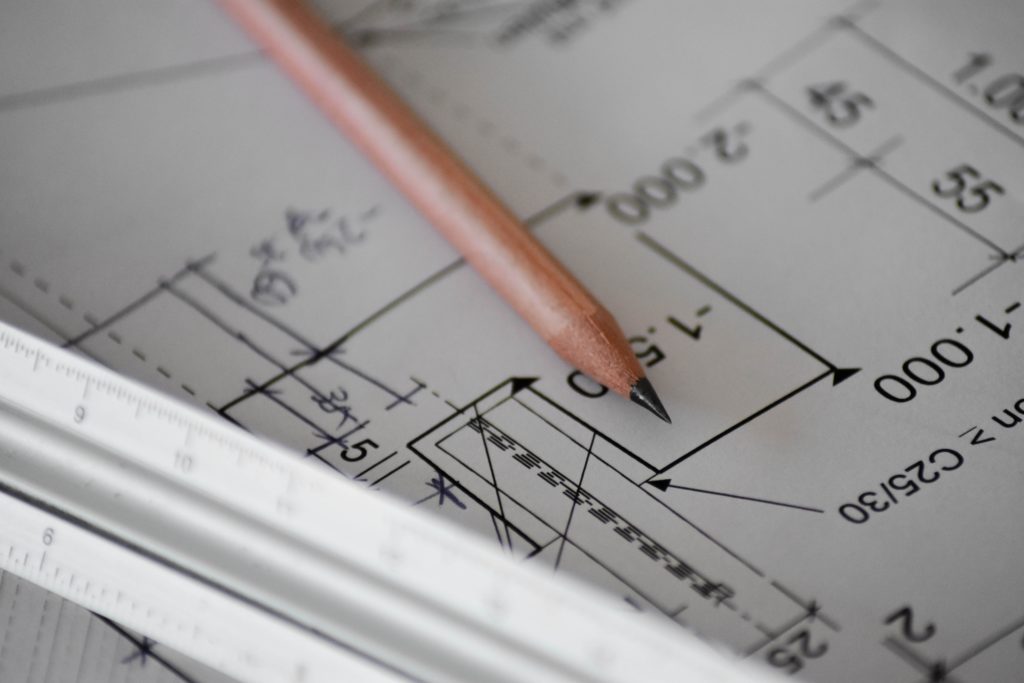
- Design and construction: Ensure that the park home’s design and construction meet the requirements specified in BS3632. This includes factors such as structural integrity, insulation levels, ventilation, and fire safety.
- Materials: Select building materials that meet the standard’s specifications and ensure they are of appropriate quality and durability for residential use.
- Insulation and thermal efficiency: Park homes must meet certain thermal efficiency standards outlined in BS3632. Adequate insulation is crucial to maintaining comfortable living conditions and reducing energy consumption.
- Ventilation: Proper ventilation is necessary to prevent condensation and maintain good indoor air quality. BS3632 outlines the ventilation requirements to be met in residential park homes.
- Fire safety: BS3632 includes guidelines for fire safety measures, including the installation of smoke alarms and fire-resistant materials.
- Room sizes and layouts: The standard may specify minimum room sizes and layout requirements to ensure the living spaces are functional and suitable for residential use.
- Utility connections: Park homes must be equipped with appropriate utility connections for water, electricity, and sewage systems.
- Accessibility: Consider accessibility features to accommodate people with mobility challenges, such as ramps and wider doorways.
- Safety standards: Ensure that all aspects of the park home, from electrical systems to gas installations, comply with relevant safety standards.
- Certification: Obtain the necessary certification to demonstrate compliance with BS3632, which may involve working with accredited certification bodies.
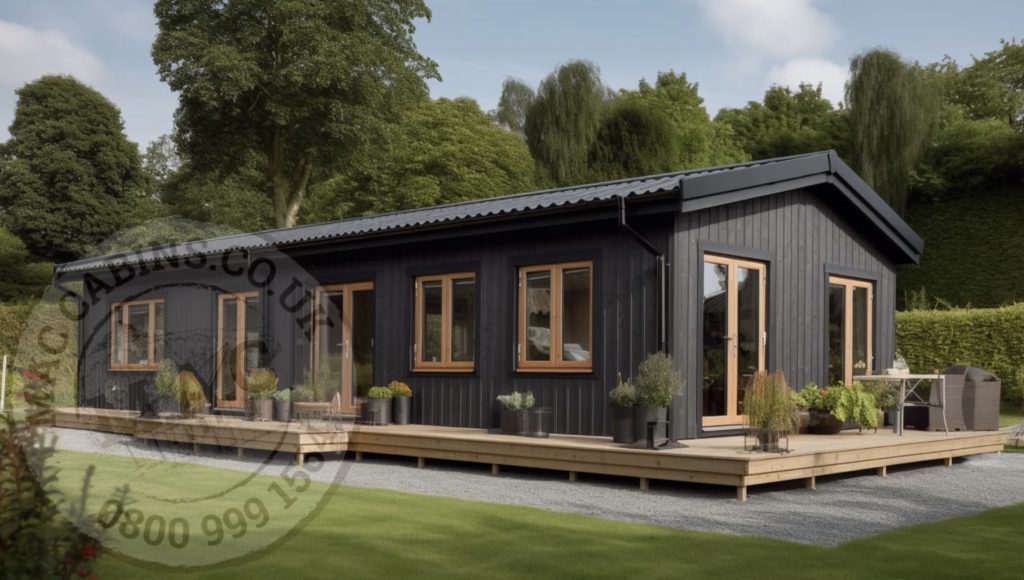
It’s essential to work closely with experienced architects, engineers, and manufacturers who have expertise in designing and constructing residential park homes that meet and surpass these requirements of BS3632. By adhering to these standard’s constraints, we can ensure that our park homes are safe, comfortable, and suitable for permanent living, meeting the needs of residents and complying with relevant regulations.
Community affordable housing must be the future for the South West of England and improve the chances of home ownership for the local residents:

Community affordable housing can indeed be a promising solution to address the housing affordability challenges in the South West. By focusing on community-driven initiatives and involving local residents in the process, several benefits can be realised:
- Increased housing supply: Community affordable housing projects can lead to the development of more homes that are specifically tailored to the needs and preferences of the local population. This increased supply can help alleviate housing shortages and reduce competition, potentially leading to more accessible prices for residents.
- Local involvement and ownership: Involving local residents in the planning and development process fosters a sense of ownership and pride in the community. When people have a say in how their housing is designed and managed, they are more likely to take care of their homes and invest in their neighbourhoods.
- Long-term affordability: Community affordable housing initiatives often incorporate mechanisms to maintain affordability over the long term. This could include restrictions on resale prices or rental rates to ensure that the homes remain affordable for future generations of local residents.
- Sustainable development: Community-based projects are often more attuned to the specific needs of the local environment and community. This can lead to more sustainable development practices, such as utilising renewable energy sources, preserving green spaces, and incorporating eco-friendly design elements.
- Strengthened community bonds: Creating affordable housing through community-driven efforts can strengthen social bonds within the neighbourhood. Residents often work together, building a sense of community and support for each other.
- Local economic boost: Affordable housing projects can generate jobs and stimulate the local economy, as construction, maintenance, and management activities create employment opportunities.
- Addressing social issues: Affordable housing can have a positive impact on various social issues, such as reducing homelessness, improving educational outcomes for children, and enhancing overall community well-being.
To make community affordable housing a successful and sustainable solution, it’s crucial for local governments, community organisations, and private developers to collaborate effectively. Funding support and incentives from local and national authorities can also play a significant role in encouraging the development of such projects.By combining the principles of community engagement, sustainability, and affordability, community affordable housing can improve the chances of home ownership for local residents in the South West, fostering a more inclusive and thriving housing market. Read the full report on Housing affordability in the South West of England here.
Can the speed of construction of a timber frame building be an advantage to reduce the demand?
Absolutely, the speed of construction offered by timber frame buildings is a significant advantage when it comes to reducing housing demand. Compared to traditional construction methods, timber frame buildings can be completed in a much shorter time frame. This accelerated construction process can help address the urgent need for housing and offer several benefits:
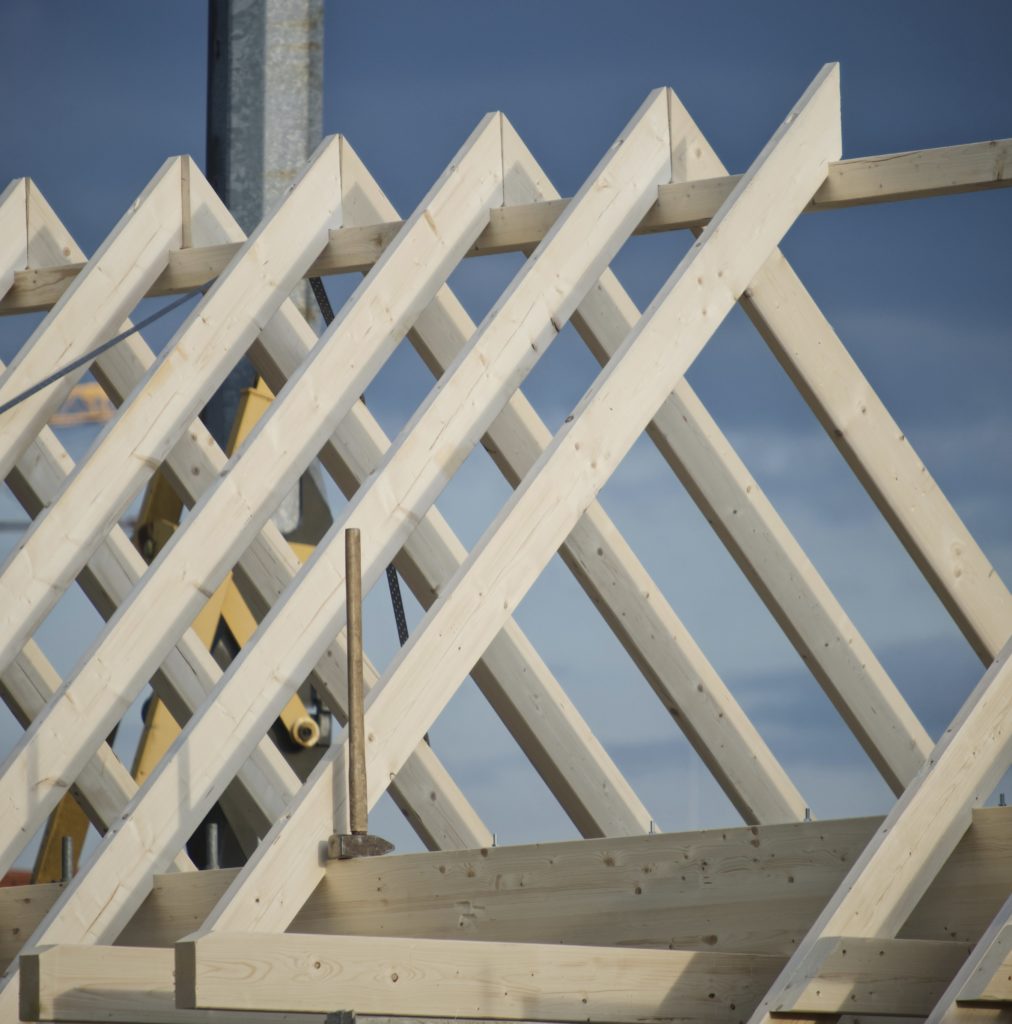
- Faster housing delivery: Timber frame buildings are prefabricated off-site, which means that while site preparation is underway, the components of the building are being manufactured simultaneously. Once the site is ready, the prefabricated elements can be quickly assembled, significantly reducing the overall construction timeline.
- Meeting housing demand more promptly: The housing market often experiences high demand, and the traditional construction process may struggle to keep up. By using timber frame construction, developers can respond more quickly to housing needs, ensuring that homes are available to buyers or renters sooner.
- Cost-effectiveness: The shorter construction time directly translates to cost savings. With reduced labor and financing costs, developers can offer more affordable housing options to potential buyers or renters.
- Easing housing supply shortages: In regions with limited housing supply, fast construction with timber frame buildings can help alleviate the shortage, leading to increased housing availability and more stabilised prices.
- Reducing disruption and inconvenience: Rapid construction means less disruption to the surrounding community. Residents in the vicinity of construction sites may experience fewer inconveniences caused by extended construction periods.
- Supporting economic growth: Accelerated construction of timber frame buildings can stimulate the local economy by generating jobs and economic activity in the construction industry.
- Encouraging sustainable practices: Timber is a renewable resource with a lower carbon footprint compared to other construction materials. Opting for timber frame buildings can align with sustainability goals, promoting environmentally friendly development.
- Encouraging innovation: The speed of timber frame construction allows for increased experimentation and innovation in design and building techniques, leading to more creative and adaptable housing solutions.
It’s essential to ensure that the speed of construction does not compromise the quality of the buildings. Adhering to appropriate construction standards, employing skilled workers, and using high-quality materials are crucial to ensuring that the homes are durable and meet safety requirements. Overall, the ability of timber frame buildings to be completed quickly makes them a valuable tool in meeting housing demand promptly, particularly in areas facing acute housing shortages.
Providing the right level of insulation is a must, so many providers of mobile and modular homes often keep this to an absolute minimum, which is costly to the overall running costs and does little for the energy efficiency of the home.
You are absolutely correct. Providing the right level of insulation in mobile and modular homes is crucial for energy efficiency, comfort, and cost savings in the long run. Unfortunately, some providers may prioritise cost-cutting measures by minimising insulation, which can lead to higher energy consumption and reduced thermal comfort for the residents. Here are the reasons why proper insulation is essential in mobile and modular homes:
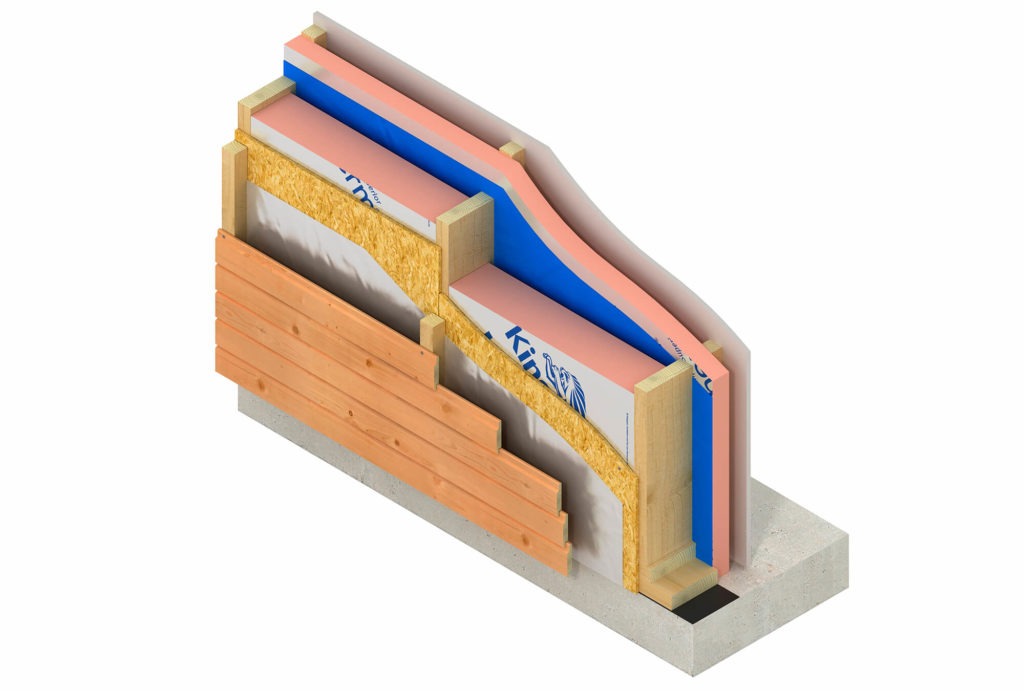
- Energy efficiency: Adequate insulation helps regulate the internal temperature of the home, reducing the need for heating and cooling. Proper insulation prevents heat loss during cold weather and keeps the interior cool during hot weather. This results in lower energy consumption and reduced utility bills.
- Thermal comfort: Insulation helps maintain a more consistent and comfortable indoor temperature. Without proper insulation, mobile and modular homes can become too cold in winter and too hot in summer, leading to discomfort for the residents.
- Health and well-being: Insulation not only affects temperature control but also helps prevent dampness and condensation issues, which can lead to mold growth and negatively impact indoor air quality. Good insulation can contribute to a healthier living environment.
- Environmental impact: By reducing energy consumption, proper insulation can lower greenhouse gas emissions and help mitigate the environmental impact of residential energy use.
- Long-term cost savings: Although investing in higher-quality insulation may have a higher upfront cost, it pays off in the long run through lower utility bills and reduced maintenance expenses.
To ensure mobile and modular homes have the right level of insulation, it’s essential for homeowners and buyers to:

- Research providers: Choose reputable providers who prioritise energy efficiency and offer homes with proper insulation levels.
- Ask for insulation specifications: Request information about the insulation materials used and their R-values (a measure of thermal resistance). The higher the R-value, the better the insulation’s effectiveness.
- Consider energy-efficient certifications: Look for homes that meet energy-efficient building standards or certifications, such as ENERGY STAR or other local equivalents.
- Opt for energy-efficient upgrades: If possible, consider adding additional insulation or upgrading existing insulation to improve the home’s energy performance further.
- Conduct a thorough inspection: If buying a used mobile or modular home, have a professional inspection to assess the insulation quality and identify any potential issues.
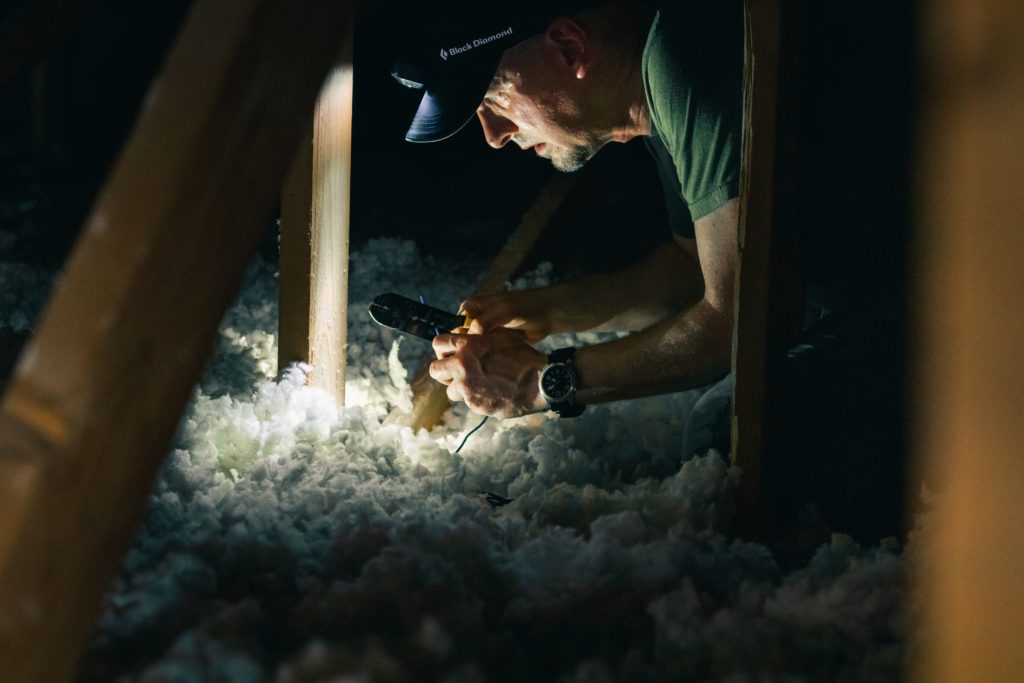
By focusing on proper insulation and energy-efficient design, mobile and modular homes can provide comfortable living spaces while minimizing the environmental impact and reducing overall running costs for homeowners.
In summery, why buying a new home from MAC Cabins makes financial sense:
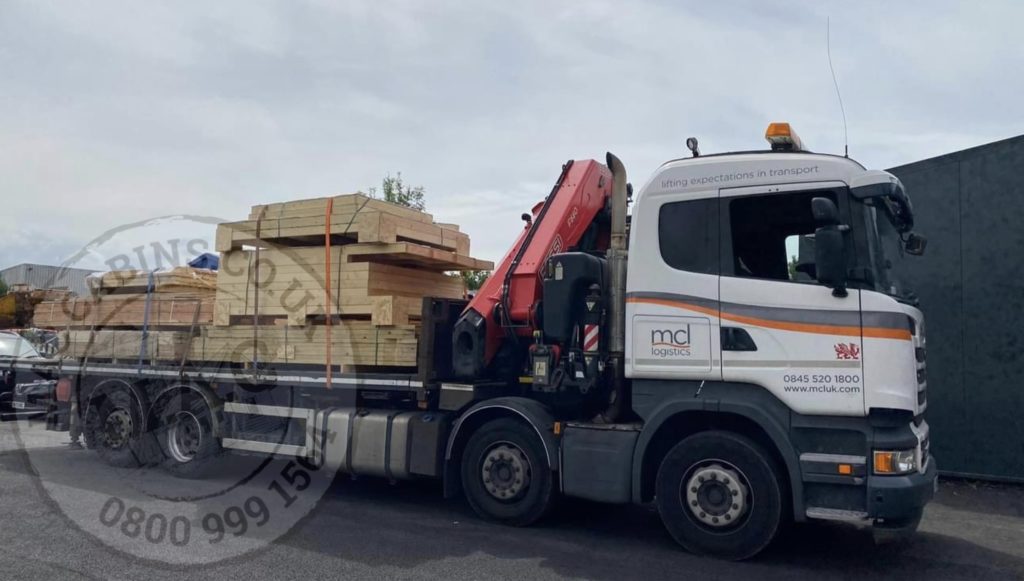
- Cost-effective: MAC Cabins offers a range of modular and timber frame homes that are constructed using efficient and cost-effective methods. The streamlined construction process often leads to lower overall costs compared to traditional construction.
- Energy efficiency: MAC Cabins priorities proper insulation and energy-efficient designs, which will result in reduced energy consumption and lower utility bills over time. This can lead to substantial long-term cost savings for homeowners.
- Customisation options: MAC Cabins provides customisable home designs, allowing buyers to tailor their homes to their specific needs and preferences. This means homeowners can avoid costly renovations or modifications after purchasing.
- High-quality construction: MAC Cabins is known for its commitment to using quality materials and adhering to building standards. Investing in a home built with superior craftsmanship can reduce maintenance costs and increase the home’s longevity.
- Shorter construction time: With modular construction techniques, MAC Cabins can complete home construction more quickly than traditional methods. This reduces the time spent on temporary housing or rental costs while waiting for the new home to be ready.
- Lower financing costs: The shorter construction time of modular homes can lead to lower financing costs for buyers, as they spend less time making mortgage payments before moving into their new home.
- Reduced environmental impact: MAC Cabins’ focus on sustainability and energy efficiency contributes to a smaller environmental footprint. Environmentally friendly practices can lead to potential tax incentives or reduced energy-related expenses.
- Warranties and support: MAC Cabins typically offers warranties on their homes, providing added financial protection and peace of mind for homeowners.
- Potential for home value appreciation: Investing in a new home with modern design features and energy efficiency can increase the property’s resale value over time, offering a good return on investment.
- Financing options: MAC Cabins may offer financing options or work with reputable lenders, making it easier for buyers to secure a suitable mortgage and manage their financial situation effectively.
Overall, buying a new home from MAC Cabins can be a financially sound decision due to its cost-effectiveness, energy efficiency, customisation options, and high-quality construction. Considering the potential long-term savings and added value, purchasing a new home from MAC Cabins can be a wise investment for those looking for a comfortable, modern, and sustainable living space.
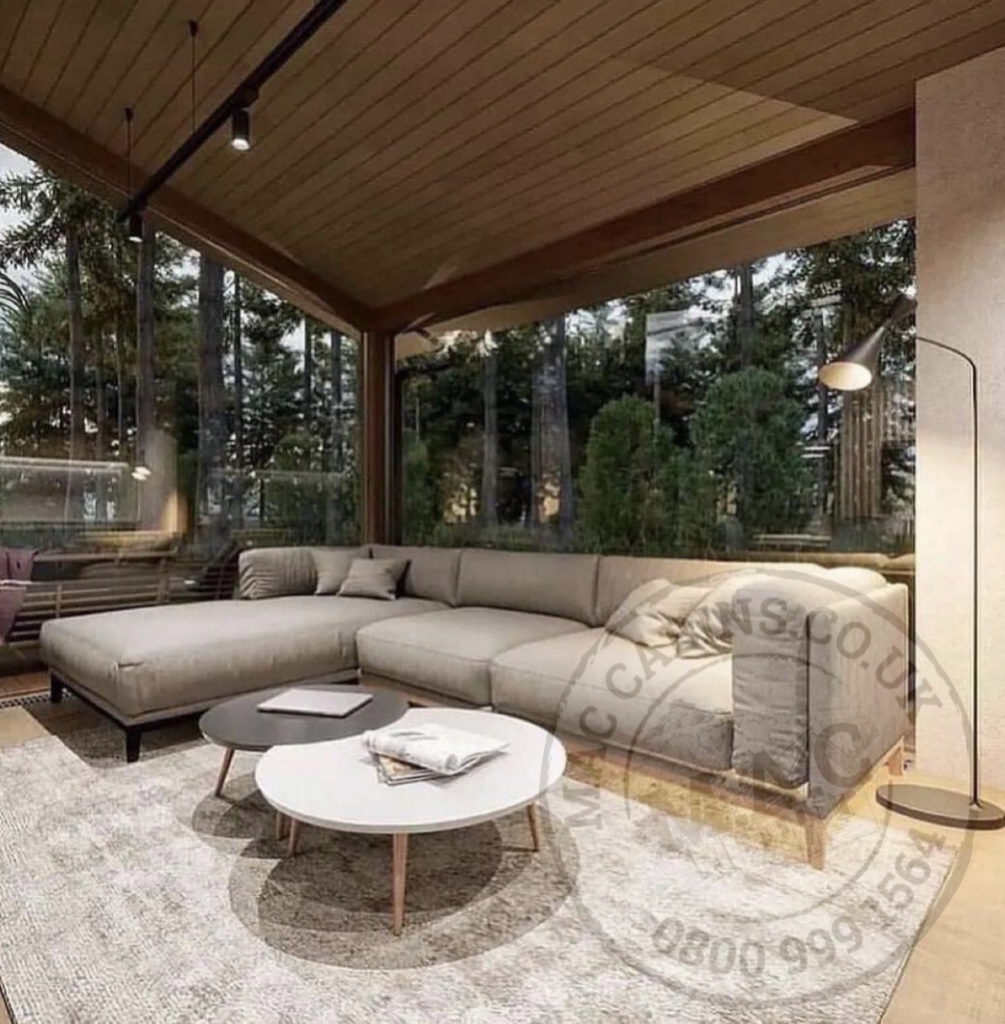
Growing up in Cornwall in the 60’s & 70’s in this idylic part of the world, I have witnessed the slow erosion of affordable home throughout the region, second homeowners and conversion of residential home to holiday lets, has depleted the opportunity for local residents to buy their own home, how MAC Cabins is dedicated to assist the correction of this imbalance!
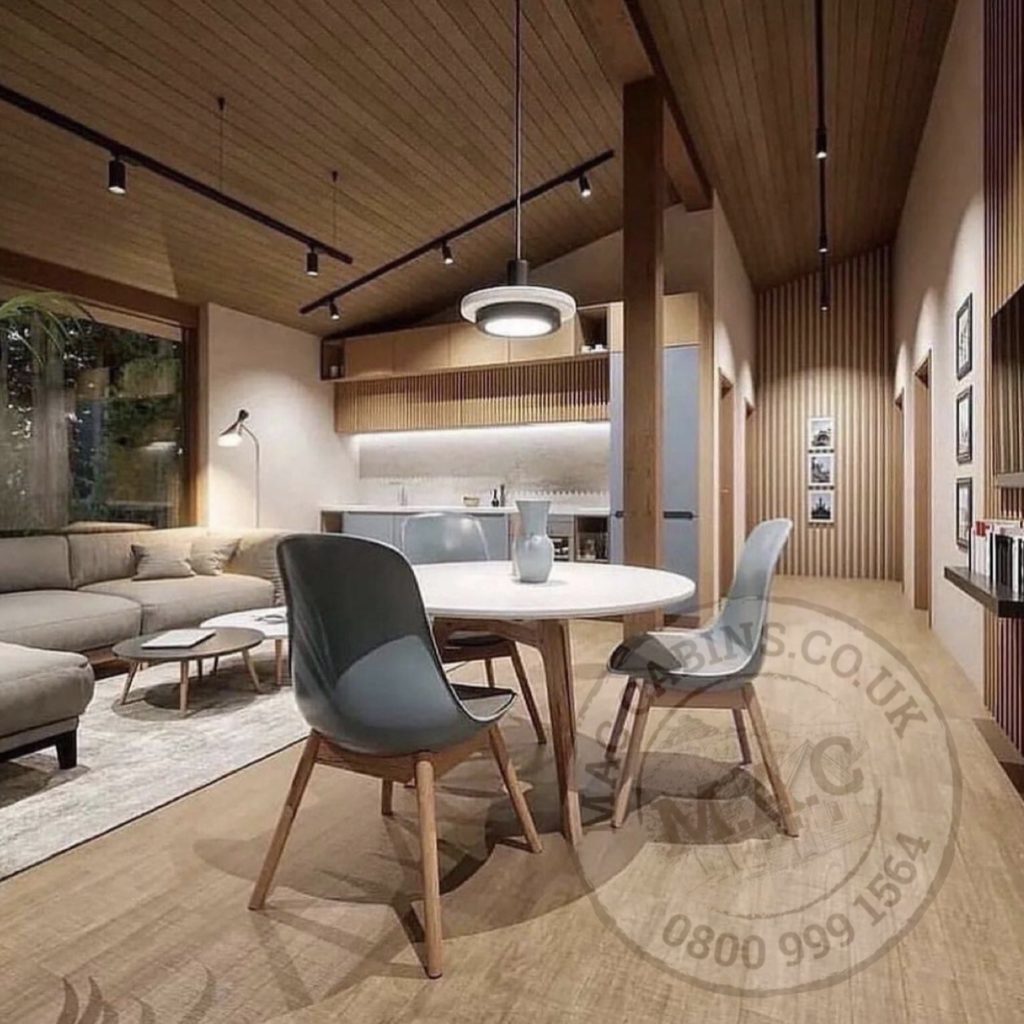
MAC Cabins, as a provider of modular and timber frame homes, is dedicated to assisting in the correction of the affordable housing imbalance in the South West and throughout the region in several ways:
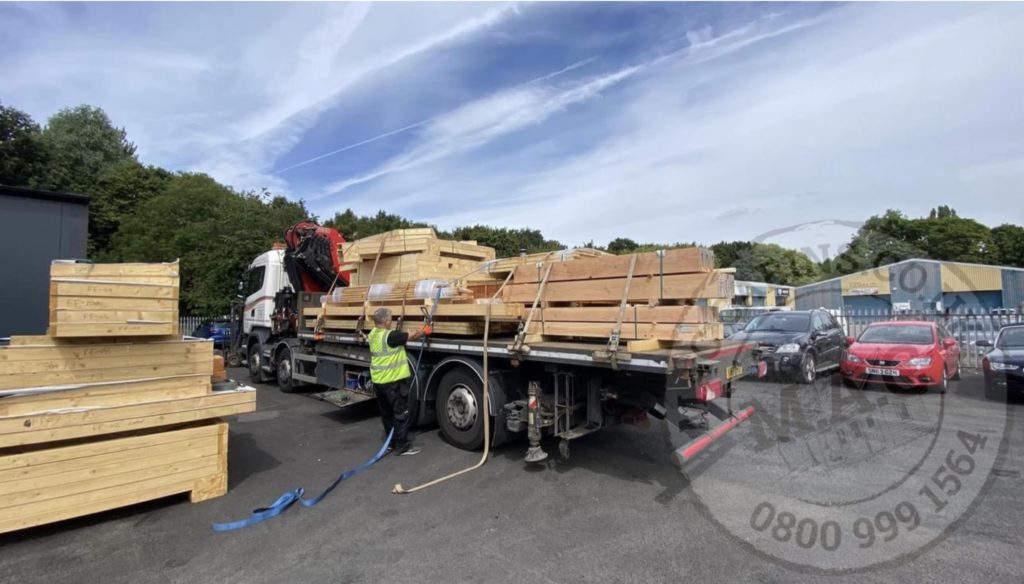
- Affordable housing options: MAC Cabins offers a range of housing options that are designed to be cost-effective and provide affordable living solutions for local residents. By focusing on efficient construction methods, MAC Cabins aims to offer homes that are more accessible to the local community.
- Customisable designs: MAC Cabins provides customisable home designs, which allows buyers to tailor their homes to suit their needs and preferences. This flexibility can lead to more affordable and practical housing solutions for local residents.
- Energy-efficient homes: MAC Cabins prioritises energy efficiency and proper insulation in its homes. By building homes that are energy-efficient, homeowners can benefit from reduced utility bills, making it more financially manageable to own and maintain a property in the long term.
- Sustainability and local environment: MAC Cabins’ commitment to sustainable building practices can help preserve the local environment and minimise the impact of new housing developments on the region’s natural beauty and resources.
- Collaboration with local communities: MAC Cabins may work closely with local authorities and community organisations to identify areas where affordable housing is most needed and to ensure that the housing solutions they offer align with the specific needs of the local residents.
- Support for local workforce and economy: The construction of MAC Cabins’ homes can generate employment opportunities and stimulate the local economy, benefiting the local workforce and community.
- Long-term housing solutions: By offering high-quality, durable homes, MAC Cabins aims to provide long-term housing solutions for local residents, reducing the pressure on the housing market and increasing the availability of homes for those who wish to continue their family roots in the area.
- Balancing residential and holiday use: MAC Cabins may contribute to finding a balance between residential and holiday accommodation, ensuring that the needs of the local community are prioritised while also considering the region’s tourism industry.
By addressing these aspects, MAC Cabins seeks to contribute positively to the local housing landscape throughout the region and help local residents regain opportunities for affordable homeownership. The company’s commitment to sustainable, energy-efficient, and customisable housing solutions aligns with the goal of creating a more balanced and inclusive housing market in the region.


